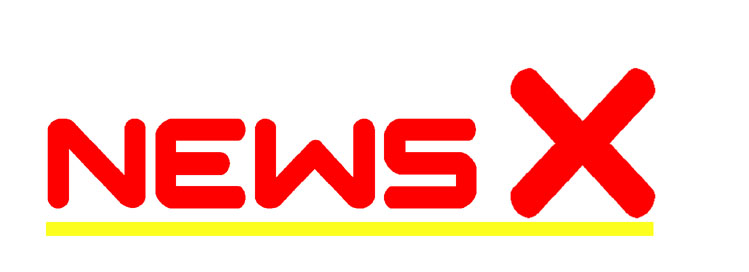Market segments in trading refer to specific parts of the broader financial market that are divided based on distinct characteristics. This segmentation helps traders and investors concentrate on areas that best align with their business goals. Familiarity with these segments is essential before making investment decisions.
Here are the four major market segments in trading:
- Primary Market
The primary market is where companies first issue new securities like shares or bonds. These are sold to investors for the first time, commonly through an Initial Public Offering (IPO). It’s also known as the “New Issue Market,” and even individual investors can purchase these shares. - Secondary Market
In the secondary market, securities that have already been issued are bought and sold among investors. Unlike the primary market, trading occurs between investors rather than with the issuing company. The secondary market provides liquidity, allowing investors to sell their securities and reinvest the proceeds elsewhere. - Over the Counter Market (OTC)
The OTC market involves trading directly between brokers rather than on a formal exchange. This includes securities and derivatives not listed on exchanges. While the OTC market offers flexibility, it also carries higher risk due to less regulation and transparency compared to exchange-traded markets. - Exchange Traded Market
In the exchange traded market, securities and financial products are traded on regulated stock exchanges, ensuring higher transparency and lower risk. The regulations in place provide a safer environment for trading.
Understanding these market segments is crucial for making informed trading and investment decisions in the stock market.

